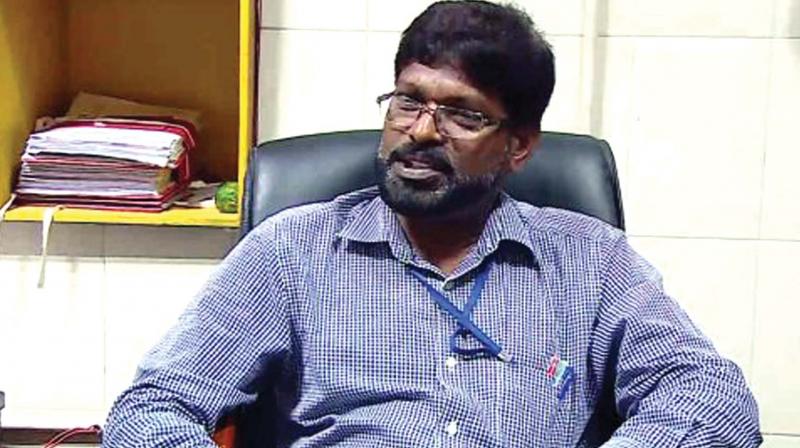Kerala: Intermittent rains trigger fever rise
Heavy rains flush out mosquito larvae.

Kochi: A major reason for the unprecedented spike in dengue fever cases is the change in monsoon pattern which turned out to be a major challenge for disease prevention and control, according to health experts. Mosquitoes, its larvae and eggs usually get flushed out in heavy rains while the intermittent rains and dry spells will increase its density. Ernakulam district medical officer Dr N.K. Kuttappan has issued an alert on the high density of dengue-causing mosquitoes during intermittent rains.
“The rhythm of monsoon has changed and so have the number of dengue patients. Breeding of anopheles aedes is linked to rainfall and the high daytime temperature coupled with showers cause increase in mosquito density," he said. "Pools of water formed during the dry spell after rains are ideal breeding ground for mosquito larvae. Dengue causing mosquitoes breed only in clean water and not in drains or wastewater.” Disease prevention has become tougher as the rainfall and mean ambient temperature have been closely associated with the incidence of dengue fever.
"Since eggs of anopheles aedes can hatch even in a teaspoon of water, eradication of mosquitoes is impossible without the active participation of people. Though there is an increased awareness of the diseases, people are not serious about taking steps to eliminate their sources,” he observed. However, the DMO claimed that the situation in the district was under control and surveillance heightened in those areas from where diseases have been reported.

